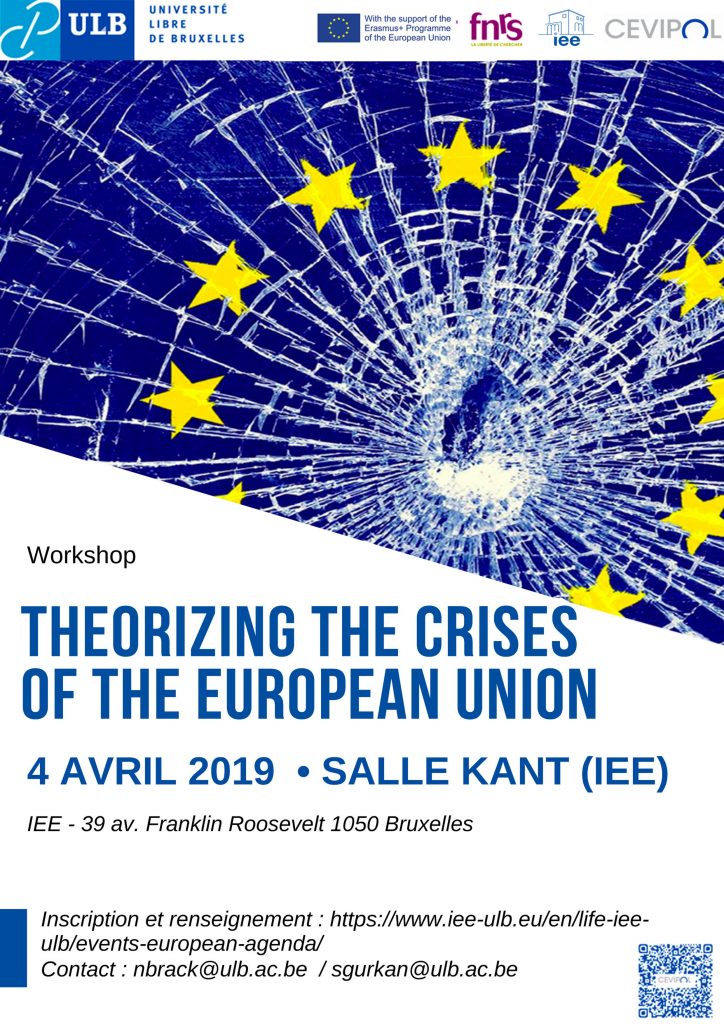The context
The European project has always been contested and can be considered as a polity in quasi-permanent crisis. Indeed, European integration has faced, almost from the start, various crises: from the empty chair crisis, to the tensions on the budget and the opposition of Margaret Thatcher to a political Union, to the constitutional crisis.
Today, the EU faces multiple challenges. It is still struggling with the economic and social consequences of the 2008 financial crisis and economic governance remains a controversial issue. The migration crisis has raised various conflicts between the Member states and the Commission. The European Union’s scope of intervention and its legitimacy is increasingly questioned, and Brexit has triggered new existential debates on the purposes and forms of European integration.
Although among scholars there is a heated debate concerning the origins and the implications of theses crises for the EU integration, scholars mostly agree that the ‘age of crisis’ for the EU represents an unprecedented challenge in the history of European integration because of its multi-dimensional nature and magnitude (Dinan, Nugent and Paterson 2017).
European integration theories: The Workshop
At this critical juncture, this one-day workshop will shed a new and critical light on European integration theories. It has a two-fold objective. First, it discusses the strengths and weaknesses of classical integration theories and more recent approaches to integration in studying and analyzing current crisis situations the EU faces. Second, it revisits these theories with a view to analyzing and explaining multiple crises that hit the EU or their impact on the EU by focusing on a range of case studies.
How do European integration theories help us to understand and explain current crises or the responses by the EU/Member states to these challenges? What are the strengths and shortcomings of these theoretical perspectives in studying the crisis context? Which theoretical lenses help us to better understand the EU in crisis situation? These are some of the questions the workshop will explore.
The workshop is organized within the framework of the edited volume on “European Integration Theories in times of crisis”, which is supported by the Institute for European Studies, Université libre de Bruxelles (ULB) within the framework of the Jean Monnet project. The volume will be co-edited by Nathalie Brack and Seda Gurkan.
Practical Information
Date: 4 avril 2019
Time: 9:00 – 17:00
Participation is free upon registration
No Fields Found.
